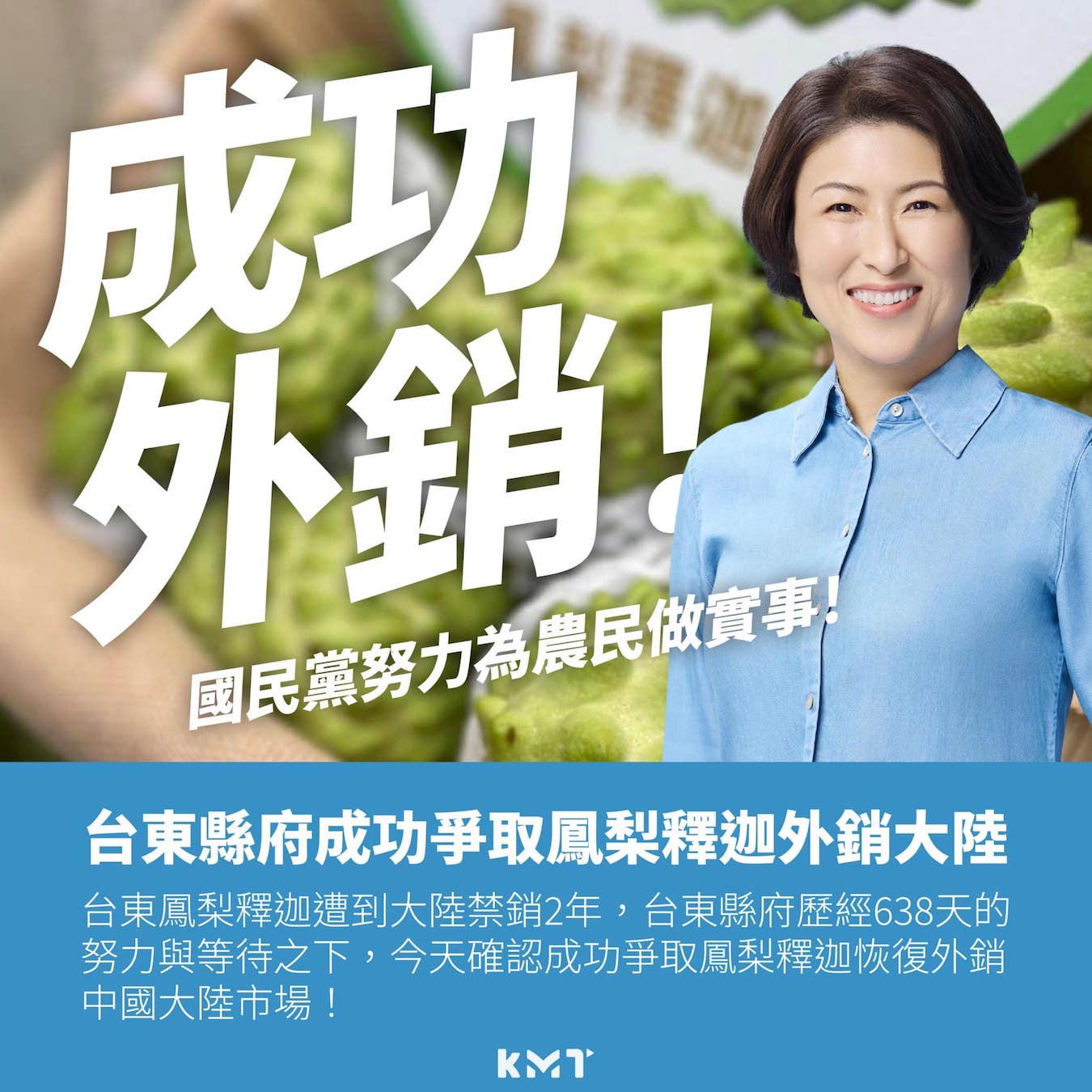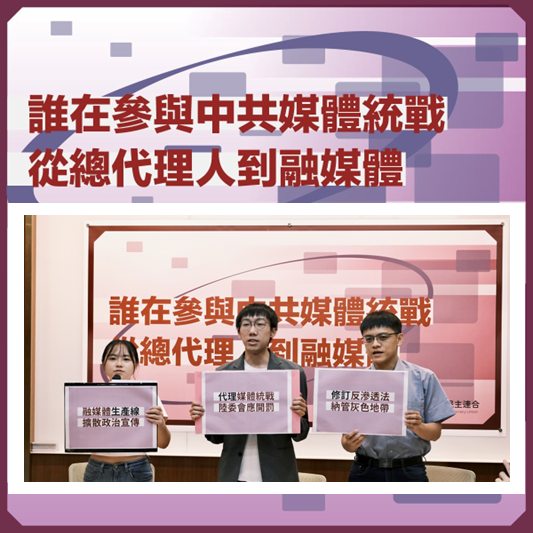by Brian Hioe
語言:
English
Photo Credit: Eric Chu/Facebook
PAN-BLUE PARTICIPATION in the 15th Straits Forum has come under fire from the DPP, with the presence of KMT representatives framed as a way that the pan-Blue camp was selling out Taiwan.
The Straits Forum is held annually between Taiwanese and Chinese representatives, with the CCP and KMT usually participating. This year, the KMT claimed the participation of 5,000 Taiwanese, of which it was claimed that over 1,000 of the Taiwanese attendees traveled to China for the event. The forum took place in Xiamen and consisted of 51 events. It was further claimed that the Straits Forum included the participation of 450 young people, 300 of which traveled from Taiwan.
In particular, KMT vice chair Andrew Hsia was present. Since the trip that Hsia took to China in the wake of then-US Speaker of the House Nancy Pelosi’s visit to Taiwan in August 2022 and the live-fire exercises that China conducted around Taiwan, Hsia has conducted a number of visits to China on behalf of the KMT. This would be no different this time around.
Hsia met with Taiwan Affairs Office head Song Tao, with his delegation also including Kinmen KMT legislator Chen Yu-chen and Taitung county magistrate Yao Ching-Ling. Hsia reportedly requested that the Chinese government lift its current import ban on Taiwanese custard apples and pineapples.
 Image released by the KMT about the custard apple breakthrough. Photo credit: KMT/Facebook
Image released by the KMT about the custard apple breakthrough. Photo credit: KMT/Facebook
Indeed, shortly after the Straits Forum, China announced that it would be lifting its ban on imports of Taiwanese sugar apples. The ban has been in place since 2021, as part of a move aimed at framing the DPP as overly provocative of China insofar as this led to Taiwanese goods being banned from the Chinese market. Likewise, China’s actions may have been aimed at pressuring Taiwanese farmers to vote for the KMT.
It has long been the case in Taiwan that Taiwanese farmers have voted for the pan-Blue camp out of fear that the KMT will cut off water to their fields through influence over irrigation associations or deny them access to the agricultural organizations that they rely on to distribute their goods if they vote for the KMT. This proves similar with regard to farmers’ access to the Chinese market, in that they may also face political retaliation.
China would be attempting to engender the image that only the KMT can conduct relations with the CCP, then, and that the CPP will otherwise economically retaliate against Taiwan if the DPP remains in power. The KMT has historically leveraged on the claim that it is the only party in Taiwan able to communicate with the CCP and, in that way, maintain peace.
At the same time, it does not appear that any new ideas arose out of the Straits Forum for stimulating engagement between Taiwan and China in a way that draws Taiwan closer to China. CCP chief ideologist Wang Huning, who is taking an increasingly proactive role in the CCP’s China policy, called for using Fujian province to serve as a model to Taiwan of cross-strait integration. Yet this and similar measures have been tried in the past.
 Press conference held by the Economic Democracy Union. Photo credit: Economic Democracy Union/Facebook
Press conference held by the Economic Democracy Union. Photo credit: Economic Democracy Union/Facebook
In the wake of the Straits Forum, the KMT’s actions were also criticized by Taiwanese civil society groups as the Economic Democracy Union. In a press conference held on June 20th, the Economic Democracy Union compared the Straits Forum to the Cross-Strait Media People Forum, which was originally scheduled to take place last month but canceled due to a lack of interest from Taiwan.
The Want Want Group is a co-organizer of the Cross-Strait Media People Forum. The forum usually involves pan-Blue media organizations traveling to China to meet with counterparts that work in Chinese state-run media, to listen to speeches from CCP officials. In the past, as part of the forum, media organizations have signed agreements to work together for the sake of political unification. Among the attendees are senior staff of Taiwan’s largest media organizations, including the United Daily News, Want Daily, CTV, Taiwan Radio and Television Program Association, and Taiwan Broadcasting Association.
As such, the Economic Democracy Union called attention to the fact that even if the Cross-Strait Media People Forum did not take place, efforts by China to influence Taiwan’s democracy through the media still take place. In this sense, the Cross-Strait Media People Forum was to some extent folded into the Straits Forum this year. Yet, more broadly, it does appear as though China continues to maintain its usual planks of trying to influence Taiwan through the media and through economic influence.
This can be seen in the Straits Forum as well, though how effective this is remains to be seen. Indeed, official CCP messaging claims that the Straits Forum shows that the DPP is increasingly in the minority and that mainstream public opinion in Taiwan is pro-unification, but that proves wishful thinking more than anything else.

